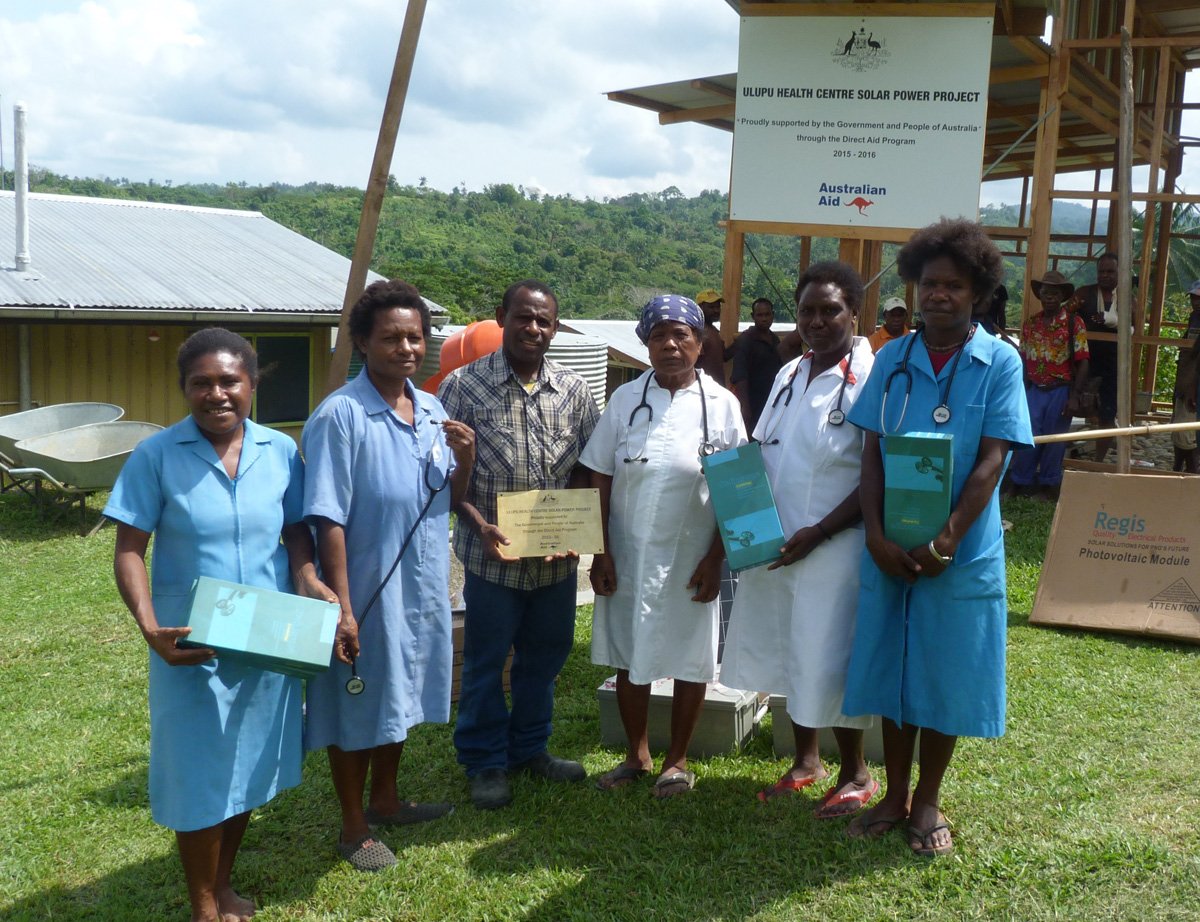
Australian Development Cooperation
Australia will provide an estimated $500 million in bilateral funding to Papua New Guinea in 2024-25. Total Australian Official Development Assistance (ODA) to Papua New Guinea in 2024-25 will be an estimated $637.4 million. Australian ODA will help to meet development objectives in Papua New Guinea, including through investments in economic growth, education, health, law and justice, infrastructure, gender and subnational priorities.
The Australian Department of Foreign Affairs and Trade website has further information about Australia’s development assistance to Papua New Guinea.
Australian Centre for International Agricultural Research (ACIAR)
The Australian Centre for International Agricultural Research (ACIAR), as part of the Australian Government’s official overseas aid program, links Australian agricultural scientific expertise with counterparts in Papua New Guinea (PNG), to develop collaborative research projects addressing a specific problem or to assist PNG to take advantage of new opportunities in the agriculture sector.
Collaboration with researchers in PNG is central to the development of all ACIAR’s projects. This creates home-grown and home-owned solutions that deliver results suited to the agricultural needs of PNG. Project design also encourages private sector, industry and non-government organisation (NGO) linkages.
ACIAR’s focus is on the Asia-Pacific region, reflecting that of the broader Australian aid program, and emphasises poverty reduction and improved livelihoods through more productive and sustainable agriculture.
The Direct Aid Program
The 2025-2026 DAP Round 2 is now open. Applications close: Monday 19 January 2026. Click here to submit your application.
What is the Direct Aid Program?
The Direct Aid Program (DAP) is a flexible small grants program funded by the Australian Government and managed through the Australian High Commission in Port Moresby. The program aims to support projects with a strong development focus that complement Australia's broader aid program.
Who can apply?
DAP is available on a not-for-profit basis to individuals, community groups, NGOs and other entities engaged in development activities in countries that are eligible for official development assistance (ODA).
What sectors does DAP cover?
DAP projects cover a range of sectors, including education, health, water and sanitation, environmental protection, women’s empowerment and gender equality, supporting people with disabilities, economic livelihood, food security, human rights, cultural and sporting activities with a clear development benefit, and scientific research.
What are some past examples of DAP projects?
- Australia supported an organisation to produce short videos documenting cultural practices to preserve these practices, and to use the videos for education.
- Australia supported phase two of a project supplying a shipping container of donated school reading materials to a PNG school. Australia supported the transport costs from Port Moresby to the province, as well as the costs of converting the shipping container into a library.
- Australia supported an organisation to provide assistive devices to people living with disabilities in rural communities.
- Australia supported an organisation to provide sustainable, washable and reusable hygiene kits to school students.
The Australian High Commission no longer accepts paper applications, or applications emailed to [email protected] (i.e. in Word or PDF). All applications should be submitted through the SmartyGrants website during the application window. Additional documents will not be accepted.
